
As Joe Biden faces an emboldened China, what tech policies will he pursue?
In January, the incoming US president Joe Biden and his administration will inherit a list of White House policies that they will have to untangle – perhaps even toss out – to develop a cohesive plan to meet the challenges of a more assertive China.
Chief among them is an emboldened China that has its sights set on attaining supremacy in future technologies. Four years of the Trump administration has taught Beijing the importance of self-reliance, as Huawei Technologies was cut off from its American supplier, and Chinese telecommunications companies were barred from the US market.
Under President Donald Trump, the Treasury Department has restricted Chinese investments in American companies; the Commerce Department’s “entity list” has barred Chinese companies from doing business in the US; the Defence Department has kept its own blacklist of companies that are believed to be linked to the Chinese military; and the State Department has started a “Clean Network” programme to exclude apps and carriers owned by Chinese firms.
These measures by the US government, which justified the actions on national security grounds, further cemented Beijing’s resolve to enhance its tech capabilities.
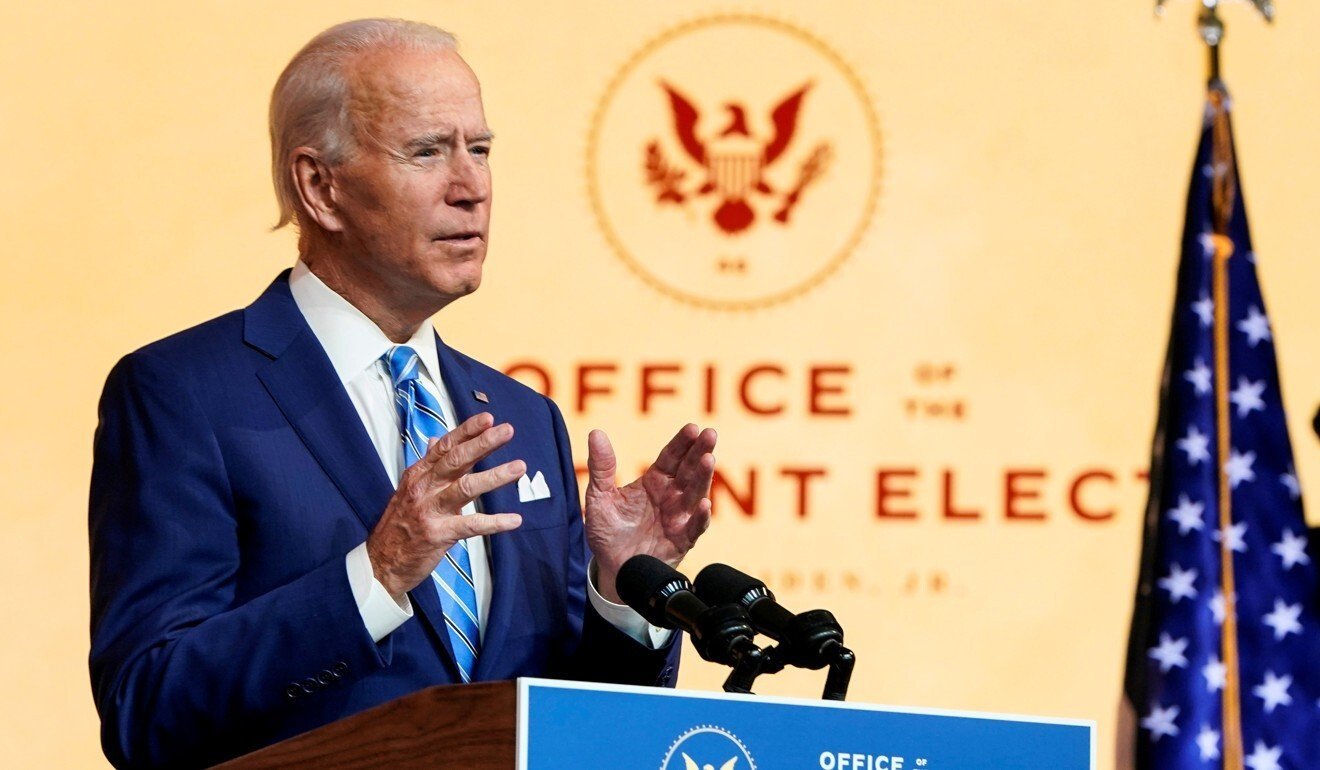
In May, Chinese President Xi Jinping committed an unprecedented US$1.4 trillion over six years to help domestic firms develop 5G networks and artificial intelligence – support aimed at ensuring China’s expansion of regional and global tech influence.
“The Covid-19 pandemic and the Trump administration action of restricting certain technology from exports to China has affirmed that China‘s indigenous innovation policy was the right one for them,” said Naomi Wilson, senior director for Asia at Information Technology Industry Council (ITIC), a trade association representing tech companies including Apple and Oracle.
“The Biden administration will largely agree with the perspective of the Trump administration in terms of what the key problems are,” said Wilson, formerly the acting director for Asia Pacific at the US Department of Homeland Security.
“But the tactic will be different. I do expect that there will be a more tailored approach, much more driven by established policy processes – and that hopefully includes much more coordination and consultation with outside stakeholders.”
Under Biden, “there‘s less likelihood of naming-and-shaming of Chinese tech companies”, Wilson added. “The tone will be nicer and the policy will be less erratic, but policy changes may not happen immediately.”
Staying tough on China
An article by Biden in the March/April issue of Foreign Affairs, confirming his own standing as a China hawk, said that the United States needed “to get tough with China”.
“If China has its way, it will keep robbing the United States and American companies of their technology and intellectual property,” Biden wrote, echoing complaints Trump and his officials had made. “It will also keep using subsidies to give its state-owned enterprises an unfair advantage – and a leg up on dominating the technologies and industries of the future.”
Biden’s Foreign Policy piece suggested several areas in which his administration would continue Trump policies. Those include further strengthening governmental reviews of Chinese investments in US tech assets; cracking down on intellectual property theft; and pushing China to level its domestic markets’ playing field through structural reforms – a goal that has proven elusive for numerous US administrations.
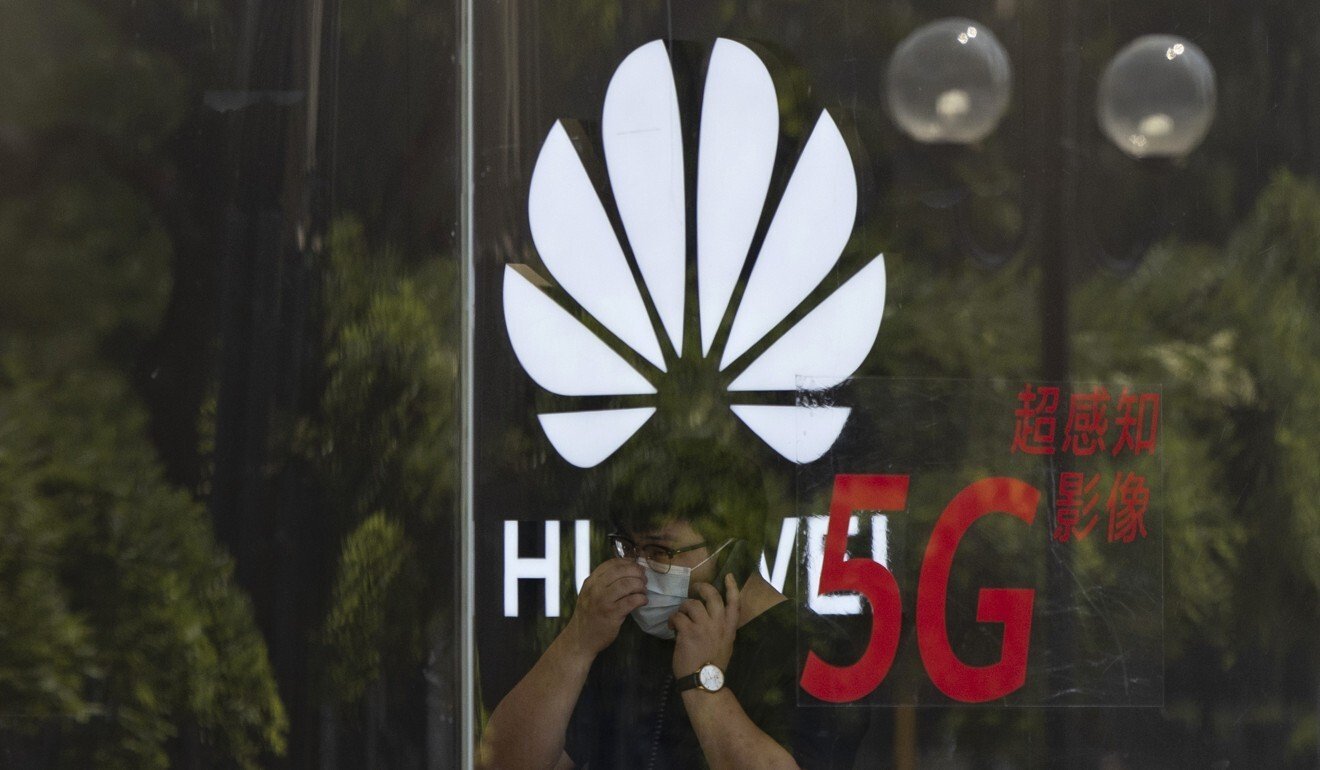
Policies will continue to focus on key technology sectors such as 5G, artificial intelligence and semiconductor production to ensure the US maintains or regains leadership through increased federal financing in research and development, analysts said.
The Biden administration will also continue to exclude Huawei equipment from US telecommunications networks and focus on finding alternatives with allies.
Repairing alliances
The best way to confront Beijing is by forming a “united front” with allies, Biden wrote.
“When we join together with fellow democracies, our strength more than doubles. China can’t afford to ignore more than half the global economy.”
Such alliances, however, have been set aside during the Trump administration and its “America First” theme. Aside from the recent US boycott effort against Huawei that brought on board Britain, Australia, New Zealand and Japan, most of the administration’s actions have been taken unilaterally.
Under Trump, relations with allies have been strained, with the US withdrawing from international organisations and slapping tariffs on trading partners including France, Germany, Spain and Britain.
“Even though president-elect Biden is extremely well known and well respected among foreign leaders, the Trump administration‘s negative enforcement actions towards allies is going to be difficult to recover from,” said Wilson.
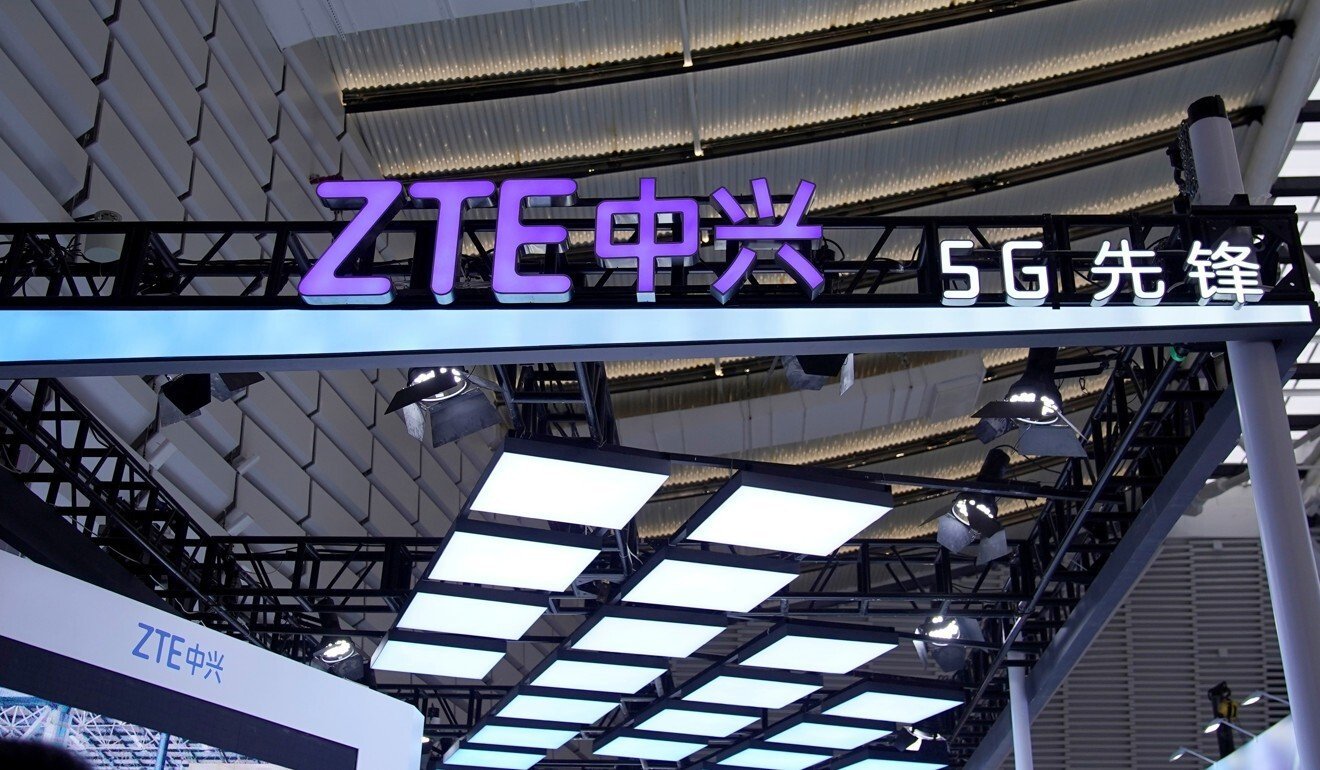
To repair at least some of the damage, analysts said, the Biden administration will need to start at home by crystallising a cohesive strategy toward China’s tech industry, a message the Trump administration never spelled out.
Refining the strategy
Trump has largely singled out Chinese companies, claiming they are security threats, giving the impression that the US has targeted firms primarily on the basis of national origin.
That began in 2018 when the Commerce Department put the Chinese telecoms company ZTE on its entity list. Today, more than 450 Chinese tech companies are listed, which essentially bars them from doing business in the US because of national security concerns.
In a separate list at the Pentagon, 31 Chinese companies are prohibited from having American investors because they are deemed to be linked to the Chinese military.
Last month, the Trump administration was reportedly close to announcing restrictions on another 89 Chinese companies also said to have ties to the military.
While some military linkages are clear, like the state-owned China Aerospace Science and Technology Corporation, many are not, according to China tech policy watchers.
President Trump even signed two executive orders in August labelling two popular Chinese-owned apps – ByteDance’s TikTok and Tencent’s WeChat – as national security threats, contending the companies could be forced by Beijing to hand over American user data, allegations the companies have denied.
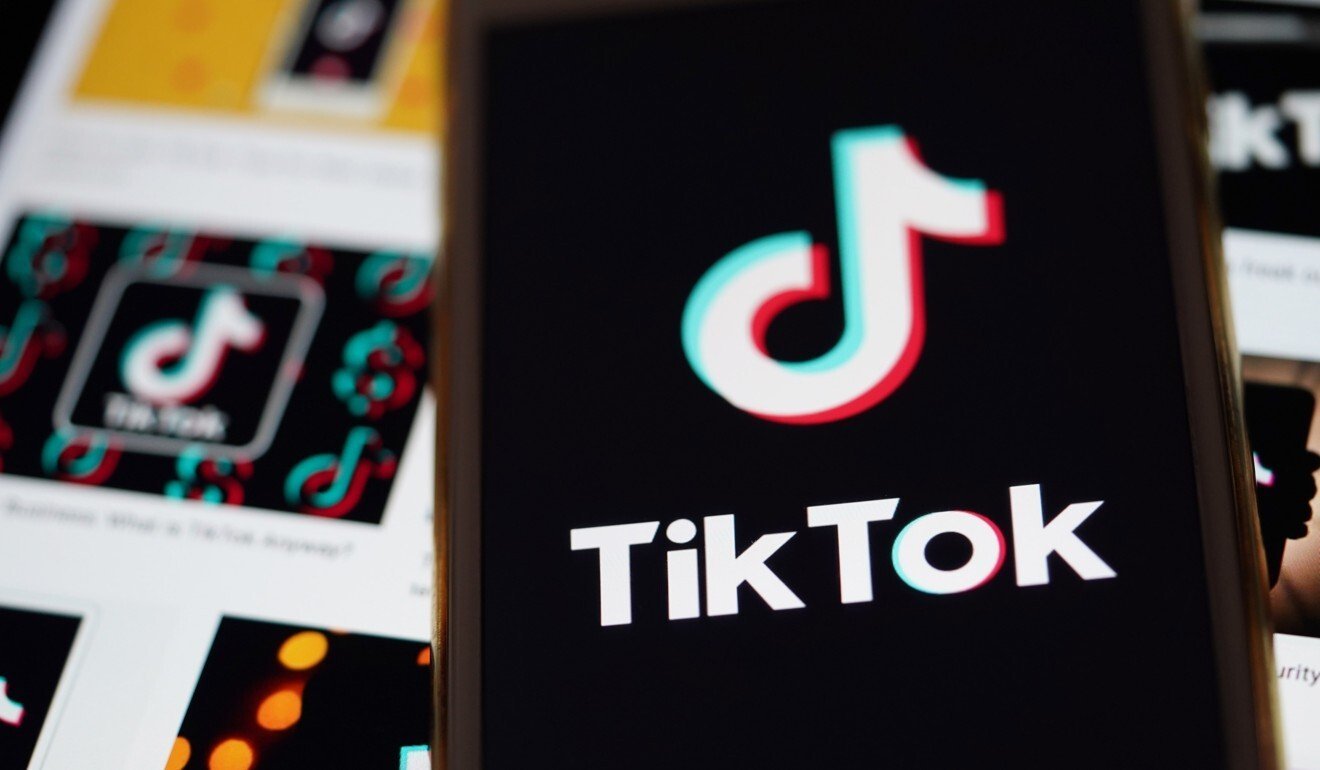
For starters, Biden’s team will not pursue individual companies like Trump has, said Paul Triolo, global tech policy lead at Eurasia Group and a former US government analyst focused on China’s science, technology and cyber power.
“Biden will probably roll back what the Trump administration did late in the game and was not very well thought out,” Triolo said.
Prohibiting Americans from investing in Chinese companies because of suspected associations with the People’s Liberation Army, for example, “is the kind of thing that can be easily rolled back because the restrictions are vaguely worded”, he said.
“You can also see a situation where the Biden team comes in and rolls back some of these executive orders, particularly on WeChat and TikTok,” Triolo said.
Trump’s last moves
In its remaining weeks before January 20, the departing Trump administration is likely to announce more regulations aimed at Chinese tech companies. These last-minute regulations will add to the ill-coordinated policies that a Biden administration will have to sort out.
“The Trump administration was particularly bad at interagency coordination in all areas,” said Anja Manuel, director at the Aspen Strategy Group in Washington and a former State Department official.
“The White House, sometimes coming directly from the president and his closest advisers, put out executive orders that were not coordinated at all with any other agency.
“So you would have the administration shout loudly and carry a small stick. Behind the scenes, there was a lot of lobbying to water it down. And often it did get watered down.
“That is exactly the opposite of what you want to do,” said Manuel.
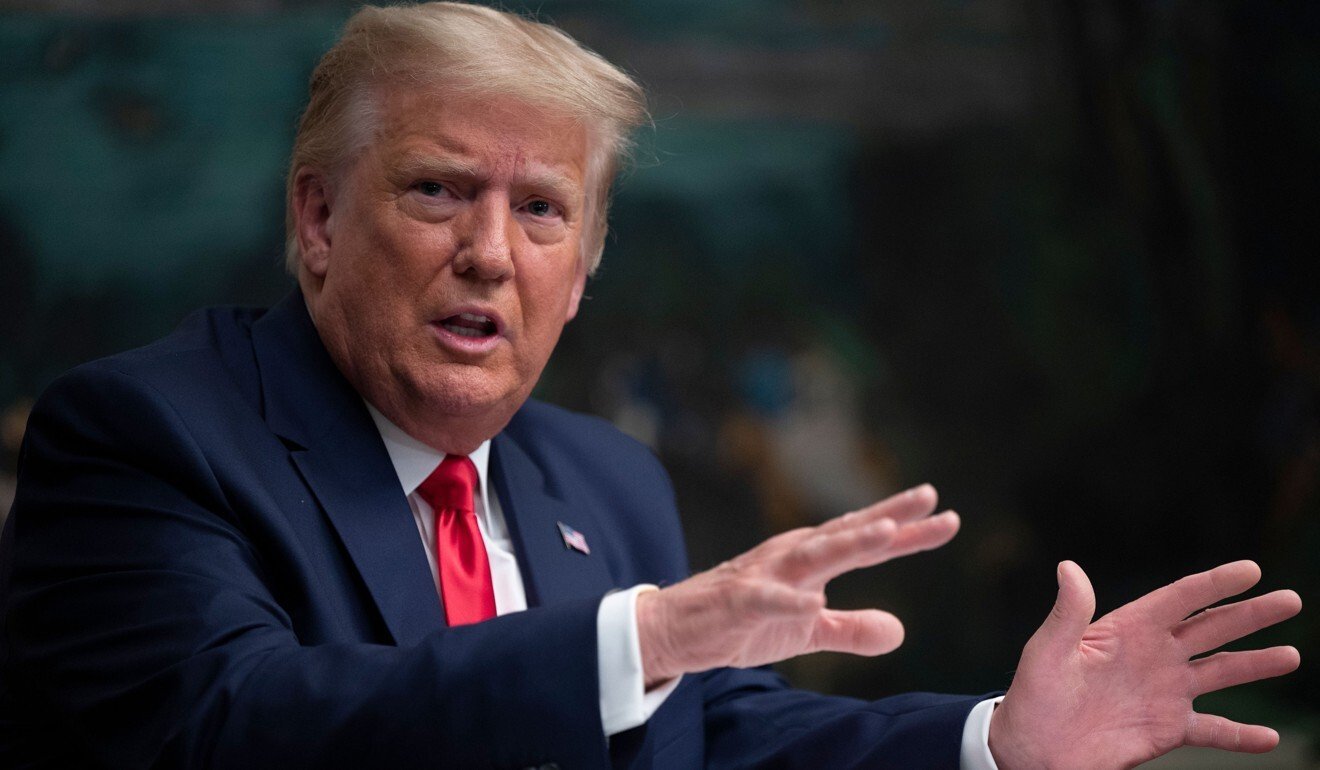
“Not all technologies are national security issues. There is a small subset of tech that is at the intersection of national security. I would hope that the Biden administration defines this portfolio of national security technology as relatively narrow,” Manuel said.
The White House’s Office of Science and Technology Policy traditionally advises the president on tech policy and coordinates interagency efforts – but it does not have the authority to hold agencies accountable.
“That’s why you are seeing Treasury doing something different from the executive orders, from what Commerce is doing, from what State is doing,” Manuel said.
“That’s a very difficult thing to get right. But it’s something that a new Biden administration will have to start thinking carefully about.”










